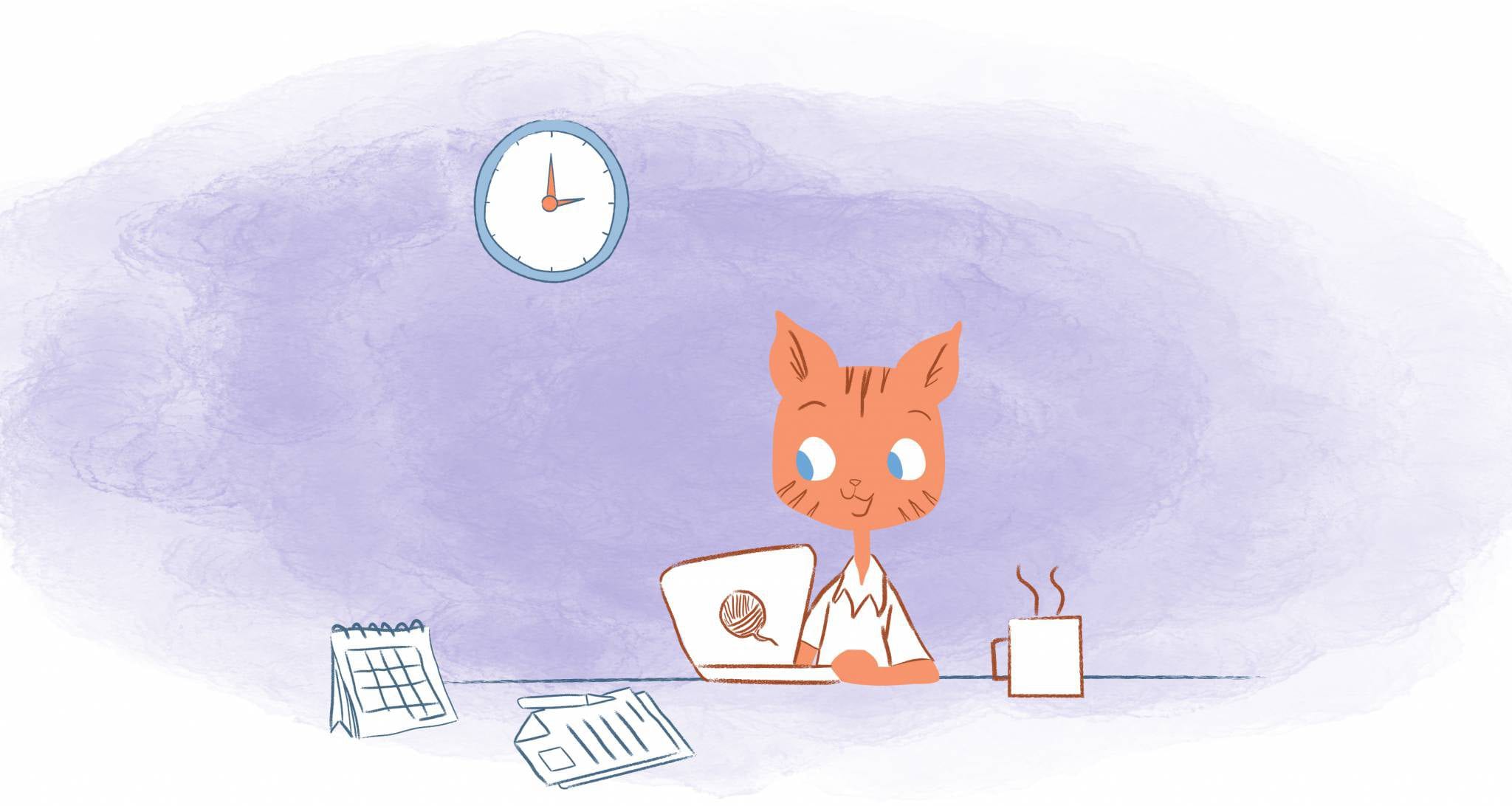

Working from home might sound like a dream. Who wouldn’t want to avoid the morning commute and stay in their pajamas all day? It’s no wonder the demand is so high for remote jobs. Virtual Vocations, a remote and telecommute job platform, grew its remote job database by 197% in the last five years. This growth is evidence of how popular flexible working environments are. But don’t let these seven work-from-home habits hurt your productivity.
That flexibility means time to pick up children from school, schedule doctor’s appointments, and generally squeeze more out of life. But while working from home has its perks, it also has significant drawbacks.
The only way to be an excellent remote employee? Avoid distractions and keep your productivity high. Here are eight work-from-home habits that may get in the way:
1. Working wherever you want.
If you’re new to working from home, you may not have a designated workspace yet. It’s essential you create one that’s separate from your personal space.
Your workspace should be clean, organized, and isolated from potential distractions. Focusing on work is far more challenging when you’re laying in your bed, or when piles of laundry surround you.
Create a space in your spare room, or use a floating desk to transform your dining area into a makeshift office. Your workspace impacts your ability to concentrate, so find somewhere quiet and comfortable.
2. Breaking your morning routine.
When you work from home, you get to skip the typical morning routine. You don’t have to wake up at the crack of dawn to make yourself presentable before driving to work. You can roll out of bed and arrive at your home office seconds later.
Don’t take advantage of that ability. It takes time to get into “work mode.” Skip it, and you won’t be fully awake when you start working.
To be productive, your brain needs to be able to string a sentence together before you open your laptop. Create a morning routine for yourself (and stick to it) so you start your day off right. You could exercise or spend a few minutes planning out your day. It’s up to you; make sure your routine is positive and productive.
3. Not telling clients.
Working from home used to be a taboo. People kept their work environment quiet because they were afraid clients would leave.
Nowadays, working from home is common, so stop keeping it a secret. Tell your clients you work from home, and offer resources to make communication easier. They can use scheduling software like Appointment to book, reschedule, and cancel meetings at their leisure.
As long as you meet your deliverables, clients shouldn’t care where or when you work.
4. Isolating yourself.
Remote work tends to reduce social interaction. Take advantage of instant messaging tools like Slack that make it easy to interact from afar. Use them to collaborate, but don’t be afraid to have some fun, too.
Take opportunities whenever you can to connect with clients and co-workers. Get coffee. Suggest an in-person conversation, even though you could do it via videoconferencing. Facetime builds better relationships, and it’s crucial for mental health.
5. Not managing your time.
You might think working from home eliminates distractions; it doesn’t. You might not have to deal with chatty co-workers, but it’s still easy to steer off course. Whether you’re distracted by your kids or a show on television, staying motivated can be a challenge when your boss isn’t a few feet away.
Use automated time trackers like RescueTime, which monitors your computer usage and points out when you might be distracted. To minimize temptations, you can even use it to block your access to certain websites.
6. Avoiding the outdoors.
One of the benefits of remote work is also one of the negatives. Having the place you spend your day be the place you spend your night can get old.
While you might want to avoid an office, it’s important to change up the scenery. Go to the park, or work from your local library. Go to the gym in the middle of the day. If you need to set reminders to get up and move periodically, so be it.
7. Working too late.
Separating your work and home life is almost certainly the biggest challenge of working from home. It’s all too easy to go back to work after dinner or start working the second you wake up.
An unstable schedule or unplanned calendar happens more often with freelancers or people who make their own schedules.
While dedication is important, overworking will cause you to burnout. Know the signs, and give yourself frequent breaks. Listen to friends and family if they suggest you’re working too much. Working from home is a privilege. Take it seriously, and you’ll take your productivity to new heights.











John Hall
John Hall is the co-founder of Calendar a scheduling and time management app. He’s also a keynote speaker that you can book at http://www.johnhallspeaking.com.